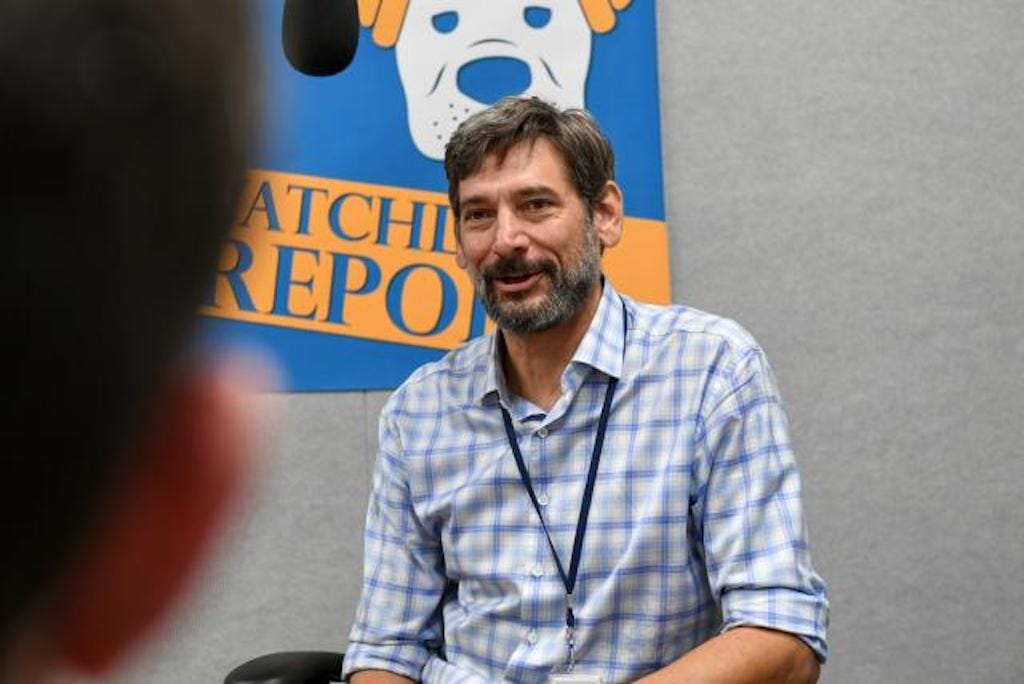GAO Wants NTIA Feedback to Tribes Receiving Smaller Broadband Grants
Feedback could help Tribes improve future funding applications and expand broadband infrastructure.
Jake Neenan

WASHINGTON, August 25, 2023 – The National Telecommunications and Information Administration should offer feedback to Native American tribes who receive less grant money than they apply for, according to a government watchdog report.
The November 2021 Infrastructure, Investment and Jobs Act and the Consolidated Appropriations Act (passed by Congress in December 2020) provided $3 billion to fund tribal broadband infrastructure through the Tribal Broadband Connectivity Program.
Tribal broadband access lags behind the rest of the country. Program funds are used to subsidize monthly internet costs, conduct studies and plan for future projects, and to upgrade and expand infrastructure.
After receiving more than $5 billion in grant requests, the NTIA disbursed almost $2 billion to over 190 tribes in the first round of Tribal broadband funding, which ended in July. Some tribes did not receive the full amount they applied for, but instead were given a small fraction in what the agency calls “equitable distribution grants.”
In a report by the watchdog’s infrastructure director, Andrew Von Ah, the Government Accountability Office says these tribes were never told why they received significantly less funds than they applied for.
The availability of second round of Tribal funding, announced in July, is expected to allocate nearly $1 billion. Applications are open until January 2024.
The grant application process is lengthy and is a strain on tribal resources. This is especially true for smaller tribes, who “might have a part-time IT person if they’re lucky… They don’t have technical resources,” said Lisa Hanlon, CEO of the telecom company Teltech Group and Cherokee Nation citizen, at a conference earlier this year.
With a second of funding also announced in July, constructive feedback “could help these applicants improve their applications and increase confidence in the impartiality of the program’s award process,” the GAO wrote.
Of the 191 first-round grants, 30 percent were equitable distribution grants. Yet these grants accounted for just 2 percent of the total funding awarded, the report said.
The NTIA told GAO that it does not intend to provide feedback to equitable distribution grant recipients because, as they received some funding, they are not technically unsuccessful under the law.
The agency is also understaffed, it wrote in a response to the report, and would better be able to serve equitable distribution grant recipients by assisting them with the smaller projects they are able to fund.
“This effort would effectively provide the same benefit as receiving constructive feedback,” the NTIA wrote.









Member discussion